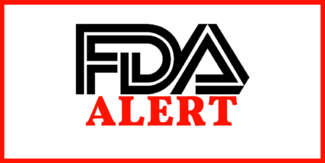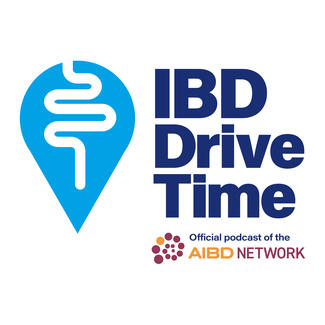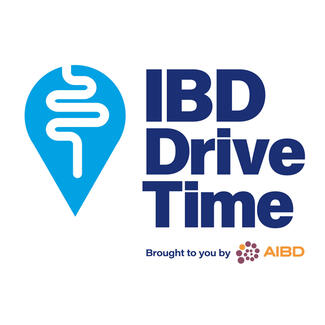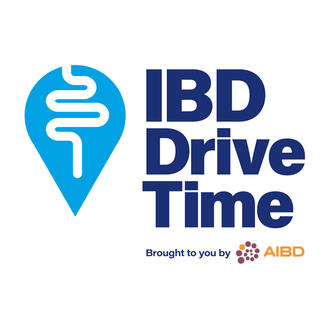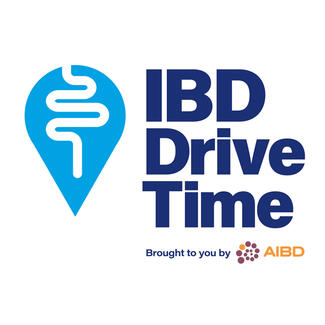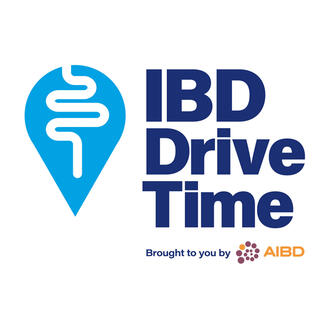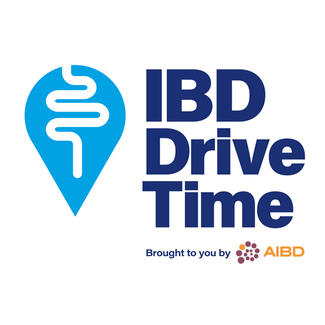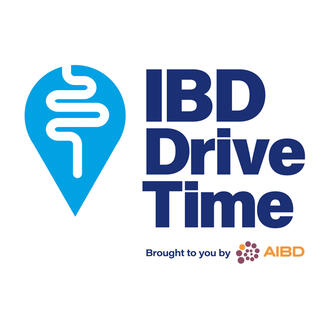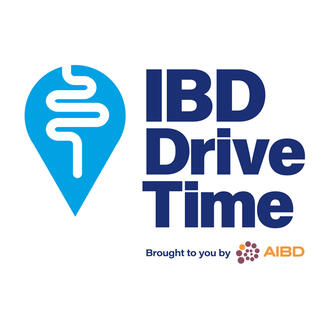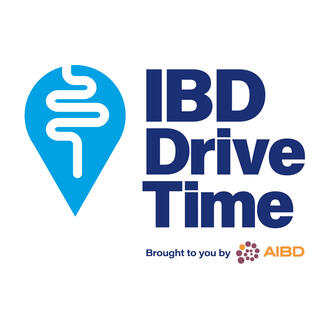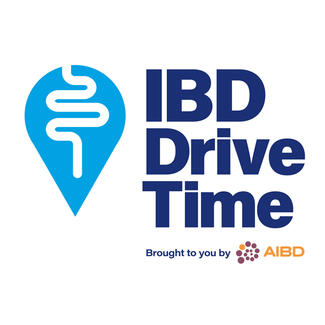Edward Barnes, MD, on Penetrating and Stricturing Crohn's Disease
Dr Barnes reviews the key points of his presentation from the AIBD regional meeting on managing penetrating and stricturing complications of Crohn's disease.
Edward Barnes, MD, is an assistant professor of medicine and associate director of the Gastroenterology and Hepatology Fellowship Program at the University of North Carolina School of Medicine at Chapel Hill, North Carolina.
TRANSCRIPT:
Hi, I'm Ed Barnes from the University of North Carolina at Chapel Hill here at AIBD Regional. I had the opportunity to talk about stricturing and penetrating complications of Crohn's disease. This is an area where we've had a lot of progress in the last couple of years in part and in large part really spurned by the STAR consortium. We've seen a lot of new guidelines and consensus recommendations about not only how we diagnose and also manage patients with stricturing complications.
And today we covered how to potentially manage patients endoscopically, when a patient might need to go to surgery, when we should think about how to image these patients and follow these patients on imaging, and when we can consider medical management even for the inflammatory components of these stricturing complications, and when a patient should really think about going to surgery. This is a really complex area, but one where I think we're continuing to have new data that are being developed, new ways to think about managing these patients, and so I think we had a really robust discussion when we think about these stricturing complications, and one where I think you're going to continue to see the evolving new data that supports managing these patients with what has really been a problematic area for patients, even those who have had an initial surgery and then developed strictures even at their anastomotic sites.
We then sort of pivoted and talked about perineal fistulizing complications, which are also an area of great need where we need new development of therapies for patients with Crohn's disease. These can be especially burdensome, can really affect the patient's quality of life, and so thinking about how to be both aggressive in our management, working in a multidisciplinary way with our colorectal surgeons, and thinking about the interplay between medical management in terms of our therapies, both first-line therapies such as anti-TNF therapies, but also thinking about our emerging therapies, including the IL-23s, our JAK inhibitors, and what role they may have in the management of perineal disease, as well as, as I said before, our multidisciplinary management with things like setons, with our colorectal surgeons, and when the appropriate time is to leave those setons in, when those can be pulled, and how do we sort of work with patients to understand that and communicate those.
So a really robust discussion today here at AIBD Regionals, and I appreciate you tuning in, and hopefully this has been helpful for you as you sort of think about managing these really complex complications for your patients. Thanks so much.











